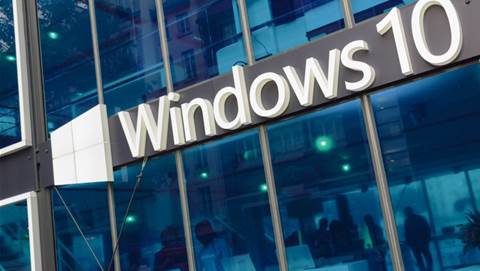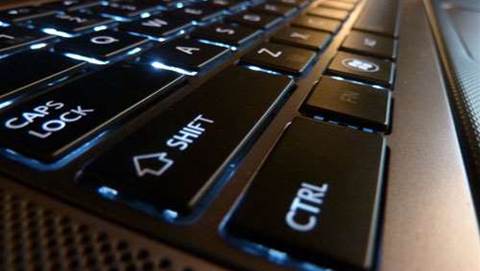South Australia Police will deploy tablets in earnest after embarking on a year-long trial of mobile technology, putting out a call for 855 ruggedised devices and accompanying accessories.
The rollout will put the state in step with its counterparts in NSW, Queensland, Victoria, Tasmania and the Northern Territory in terms of large-scale mobility schemes.
The existing mobile data terminals fitted to SA police cars are due for replacement, and the force has decided to use the refresh trigger as an opportunity to modernise its approach to field operations after receiving funding for a tablet rollout earlier this year.
It is asking suppliers to pitch mobile, ruggedised tablets to replace the fixed, in-vehicle terminals.
The tablets are to come accompanied by a fixed docking station for the car, and a rugged mobile keyboard to act as a notebook in the field.
SAPOL also intends for the devices to replace desktop PCs back at the station through a dock set-up.
It wants 855 tablets and 855 accompanying keyboards, 700 in-vehicle docking stations, 680 in-vehicle rugged keyboards that connect to the dock and remain in the car, and 250 office desktop docking stations.
The procurement will be staggered over three years. The force expects most of the devices will be purchased in the second year.
The tablets will need to be between 10in and 14in in size and run either Windows 8.1 or Windows 10, 64-bit enterprise editions.
Devices will also need to come equipped with 4G functionality, minimum 8GB RAM and at least 100GB SSD storage, eight hour battery life, and at least a 2MP front and 4MP back camera.
The force has asked suppliers to deliver samples of their hardware solution to SAPOL by December 7.
SA Police was given $1.7 million in late 2013 to trial the use of tablets in the field with 350 operational police, and following success of the pilot won $7.4 million for a larger rollout in the 2015 state budget.
The SA government expects the project will win back about 165 hours of time wasted returning to the station to fill out paperwork, and therefore put the equivalent of 29 offficers back on the beat.
It said the project will save the force $3.3 million per year.

























